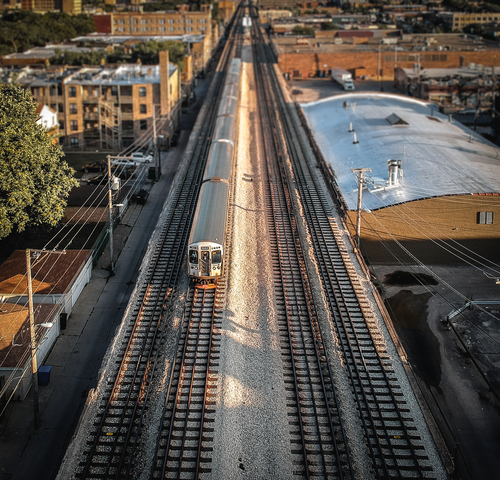
The U.S. Department of Transportation’s Federal Transit Administration awarded the Chicago Transit Authority nearly $2 billion to make investments into the transit service’s Red Line Extension Project.
The full funding grant agreement with CTA will invest $1.97 billion to help extend the Red Line 5.5 miles to connect the city’s far south side to the L System for the first time. The extension project has been in the works for years, officials said, and the funding agreement will provide the necessary money to help bring the project to fruition.
“The Biden-Harris Administration is removing barriers to transit through projects like the Red Line Extension—connecting Far South Side Chicagoans to more areas of the city and to the economic opportunity that comes from more accessible travel,” U.S. Transportation Secretary Pete Buttigieg said. “The grant we’re announcing today will finally deliver on this long-awaited project and bring a monumental improvement to how passengers travel by transit, saving some commuters up to 30 minutes in each direction and giving them more time back in their days.”
Officials said the project will provide a link between Black and disadvantaged neighborhoods in the city and improve connections between places like the Rosalind Medical District, Pullman National Monument, Chicago State University, and the Chicago Housing Authority’s Altgeld Gardens housing development. Additionally, the project is expected to provide direct connections to jobs, schools, healthcare and commerce.
The CTA estimates the project will generate more than 25,000 in Cook County and bring in $1.7 billion in real estate investment through 2040.
“After decades of promises, a profound change for the lives of Chicagoans is finally here,” FTA Deputy Administrator Veronica Vanterpool said. “Beyond providing the Far South Side access to new destinations, this expansion will drive significant economic growth and development, creating opportunities as well as fostering a vibrant local economy for Chicagoans well into the future.”